Are you low in iron?
Symptoms can include
- Fatigue
- Tiredness
- Breathlessness
- Decreased immunity
High-risk groups include
- Menstruating women
- Pregnant women
- Teenage girls
- Female athletes
Common causes
- Inadequate dietary intake
- Blood loss
- Chronic fad or crash dieting
- Increased need
- Inability to absorb iron
- Excessive exercise regime (hard training promotes red bloody cell production, while iron is lost through sweating)
Don’t self-diagnose iron deficiency
You maybe feeling tired, sluggish and fatigued but don’t reach for the supplements just yet. Supplements may not help unless you have actually been diagnosed with an iron deficiency. Your iron status is easily checked by a blood test. Please visit your doctor or health practitioner and organise a blood test before taking any supplements.
Why is iron so important?
In short, iron is required by the body to carry oxygen in the blood to each of the body cells, in turn giving us energy. It also plays a key role in the production of our immune system and in the mental process surrounding learning and behaviour. Lack of iron can lead to iron deficiency and anemia.
The amount of iron absorbed from food is dependent on its source. It can be from animal flesh (Haem iron) or both plant and animal foods (Non-haem iron). It is true that Non-haem iron is absorbed at a less efficient rate than Haem iron however it doesn’t mean its not absorbed and that you cannot survive on it alone. In the case of a person adopting a vegan/vegetarian diet, ensuring you eat iron rich foods with a source of vitamin C, will greatly improve absorption. The beverage of choice with a meal is orange juice or water. Avoid tea and coffee as the tannins interfere with iron absorption.
Is iron only found in red meat?
Some people believe this to be so; we are here to tell you otherwise. If you follow a vegeTARIAN or vegan diet; you have an abundance of plant-based foods to help support iron intake.
Dietary sources of iron for a vegeTARIAN diet
- Pulses (chickpeas, baked beans, kidney beans)
- Wholegrains (refer to yesterday’s blog for further information on this topic)
- Soy products (tofu, tempeh)
- Dried Fruits (apricots, prunes, dates, figs)
- Seeds (pumpkin, sunflower)
- Dark leafy greens (kale, silverbeet, broccoli)
Further benefit your iron absorption and intake
- Eat iron rich foods with every meal
- Consume iron-fortified foods (meat substitutes for example)
- Eat/drink vitamin C at the same time as consuming iron rich foods
- Consume fermented foods such as tempeh and miso
- Sprout grains, seeds and legumes
- Activate your nuts by soaking them
- Soak pulses prior to cooking
For specific and individualised dietary advice regarding your iron levels and blood tests, Tarian Pantry recommends that you consult an Accredited Practicing Dietitian www.daa.asn.au
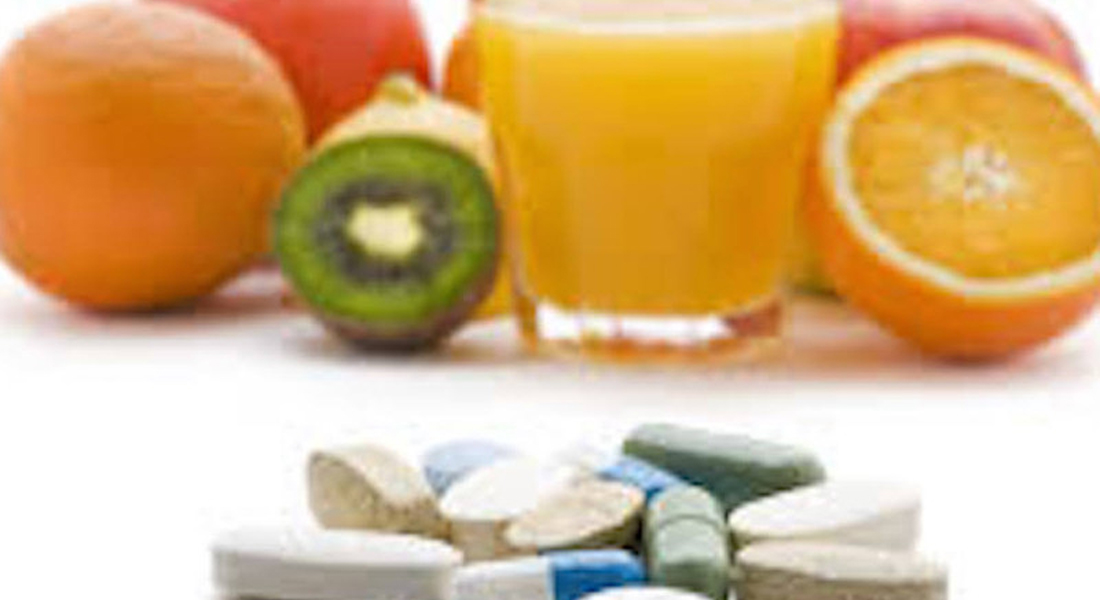
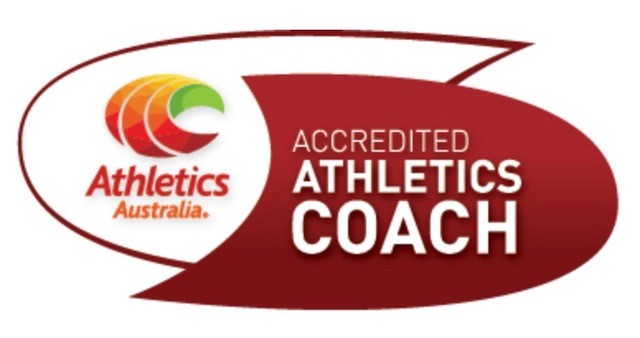
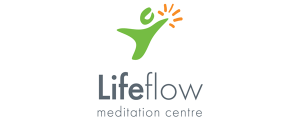
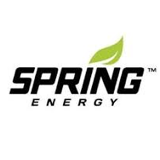
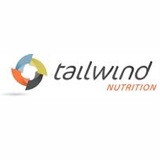
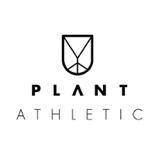
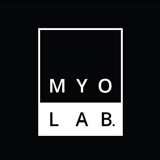
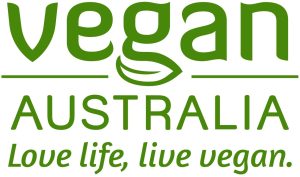


Leave a Reply